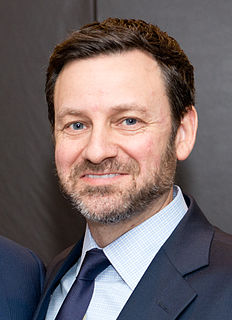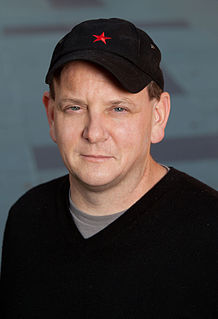A Quote by Leila Janah
I think part of the problem with charity is that it tends to make us view people as helpless victims. I think in the future, we'll look back on charity in the same way that we look back on colonialism today: as a very paternalistic system that doesn't fully recognise the full spectrum of humanity.
Related Quotes
Pessimism is a very easy way out because it is a short view of life. If you look at what is happening around us today, you can't help but feel that life is a terrible complexity of problems. But if you look back a few thousand years, you realize that we have advanced fantastically. If you take a long view, I do not see how you can be pessimistic about the future of mankind.
When we want to help the poor, we usually offer them charity. Most often we use charity to avoid recognizing the problem and finding the solution for it. Charity becomes a way to shrug off our responsibility. But charity is no solution to poverty. Charity only perpetuates poverty by taking the initiative away from the poor. Charity allows us to go ahead with our own lives without worrying about the lives of the poor. Charity appeases our consciences.
Every time you think of doing some charity, you think there is some beggar to take your charity. If you say, "O Lord, let the world be full of charitable people!" - you mean, let the world be full of beggars also. Let the world be full of good works - let the world be full of misery. This is out-and-out slavishness!
We often equate charity with visiting the sick, taking in casseroles to those in need, or sharing our excess with those who are less fortunate. But really, true charity is much, much more. Real charity is not something you give away; it is something that you acquire and make a part of yourself. And when the virtue of charity becomes implanted in your heart, you are never the same again.
When I look back I can think that of course I've been lazy and haven't practiced as much as I could have and have wasted time. Still though, I look back on my life and I think that really, I am very happy that I lived my life the way I have and I would never ever have wished it any other way - especially, the six years with my lama and then the 18 in Lahul.
We liked the idea that it was a low-tech future. But everything always repeats the past. If you look today and look at something in the middle east where you got people getting beheaded it's like the crusades with Twitter. It's crazy, human nature does the same thing. In a way, even though you're in the future people wanted order so this sort of system rose up.



































